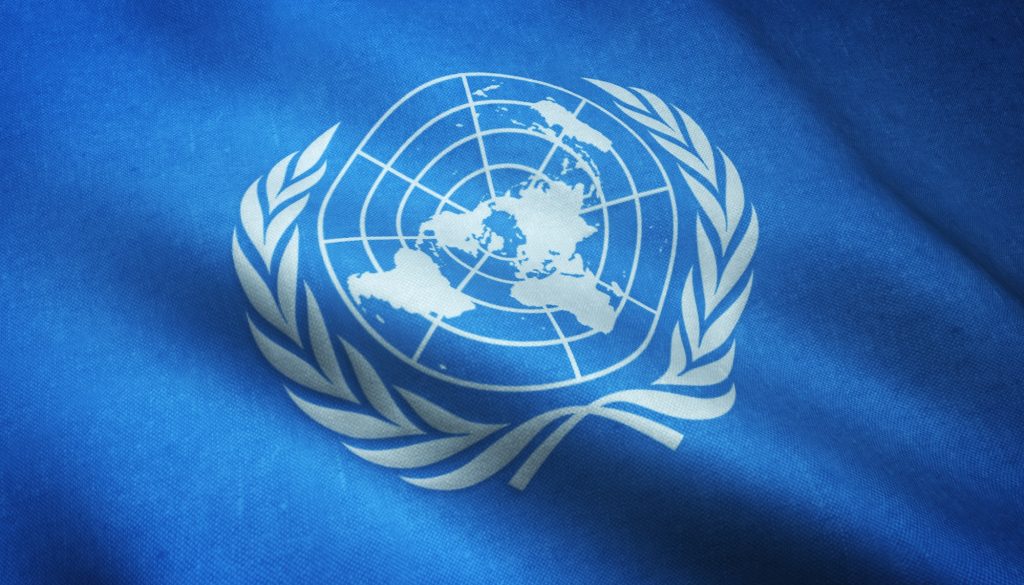UN OEWG Chair publishes discussion paper on draft elements for the permanent mechanism on ICT security
The discussion paper is a part of the OEWG Chair’s efforts to facilitate focused discussions within the framework of the OEWG in accordance with the recommended next step agreed in the second annual progress report (APR).

The Chair of the Open-Ended Working Group on the security of and in the use of information and communications technologies (OEWG) published a discussion paper on draft elements for the permanent mechanism on ICT security.
The following elements are intended to serve as a tool to facilitate further focused discussion among states on the issue of regular institutional dialogue.
The suggested functions of the permanent mechanism include further developing the framework for responsible state behaviour, advancing the implementation of the framework for responsible state behaviour, and strengthening the capacity of all states to develop and implement the framework.
The document discusses the potential scope of a permanent mechanism. It poses questions about which subjects should be addressed under the mechanism. It suggests considering new topics related to recent developments within or outside the OEWG, e.g. operationalisation and further improvement of the Global Points of Contact (POC) Directory. It also asks how would the scope of the future mechanism build on the work already done and on the concrete outcomes achieved under current and previous
processes.
The structure might involve two substantive sessions per year, biennial progress reports to the First Committee, and dedicated thematic groups.
The proposed modalities suggest establishing the permanent mechanism as a subsidiary body of the First Committee, with the UN Office for Disarmament Affairs (UNODA) serving as the Secretariat. The Chair and potential bureau members would be appointed based on equitable geographical representation. Meetings could occur at UNHQ in New York, and an e-portal/website could support the mechanism’s work (e.g. storing and making available official documents, working papers and statements).
Decisions could be put forward by the Chair for adoption by States on a consensus basis at any time during a substantive session, with decisions to be formalised as soon as they are agreed upon by the OEWG. The permanent mechanism could be subject to periodic reviews every specified number of years, with modifications requiring consensus among states.
Delegations are invited to share views on the proposed elements in the discussion paper during the seventh substantive session of the OEWG.

